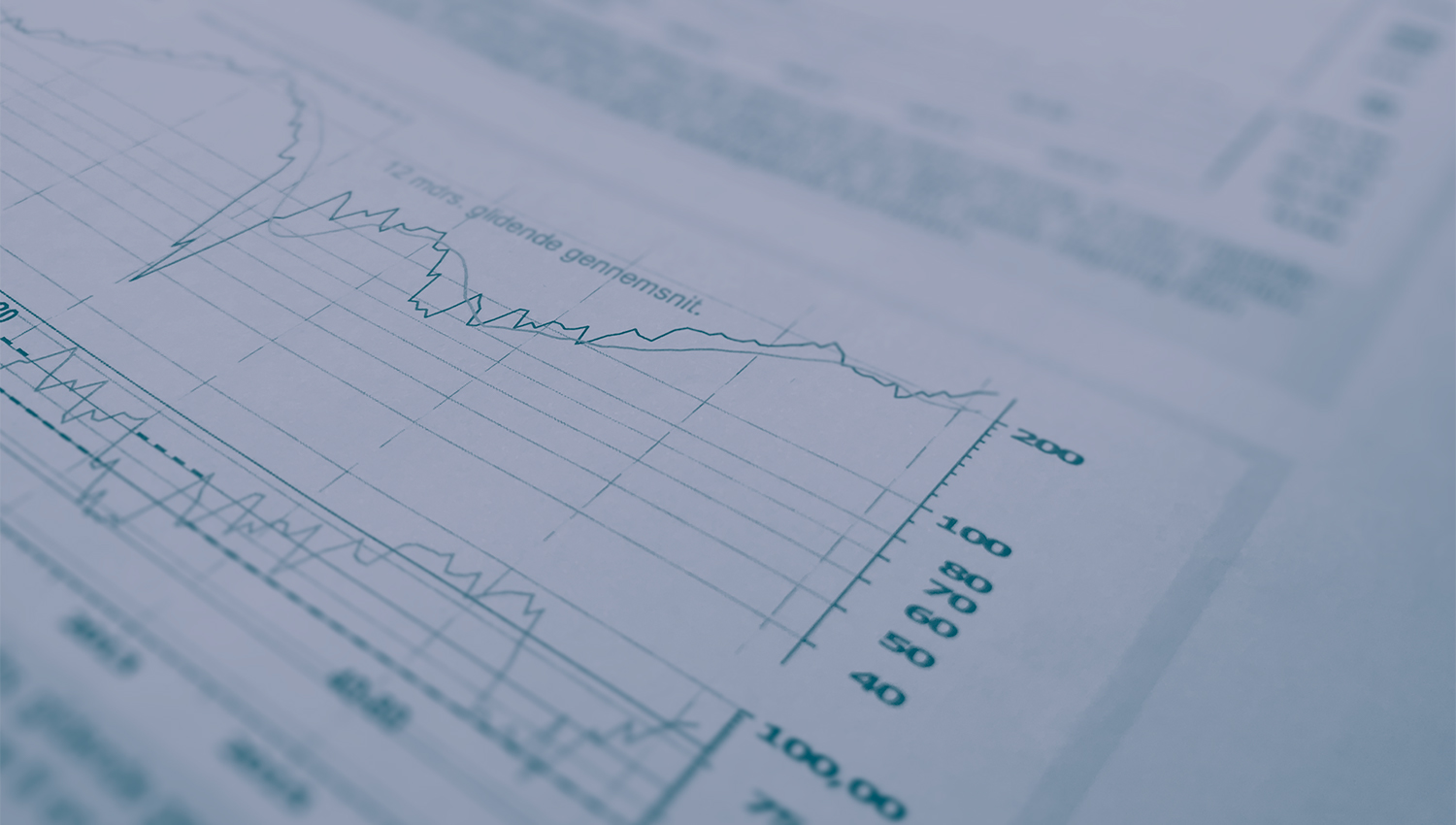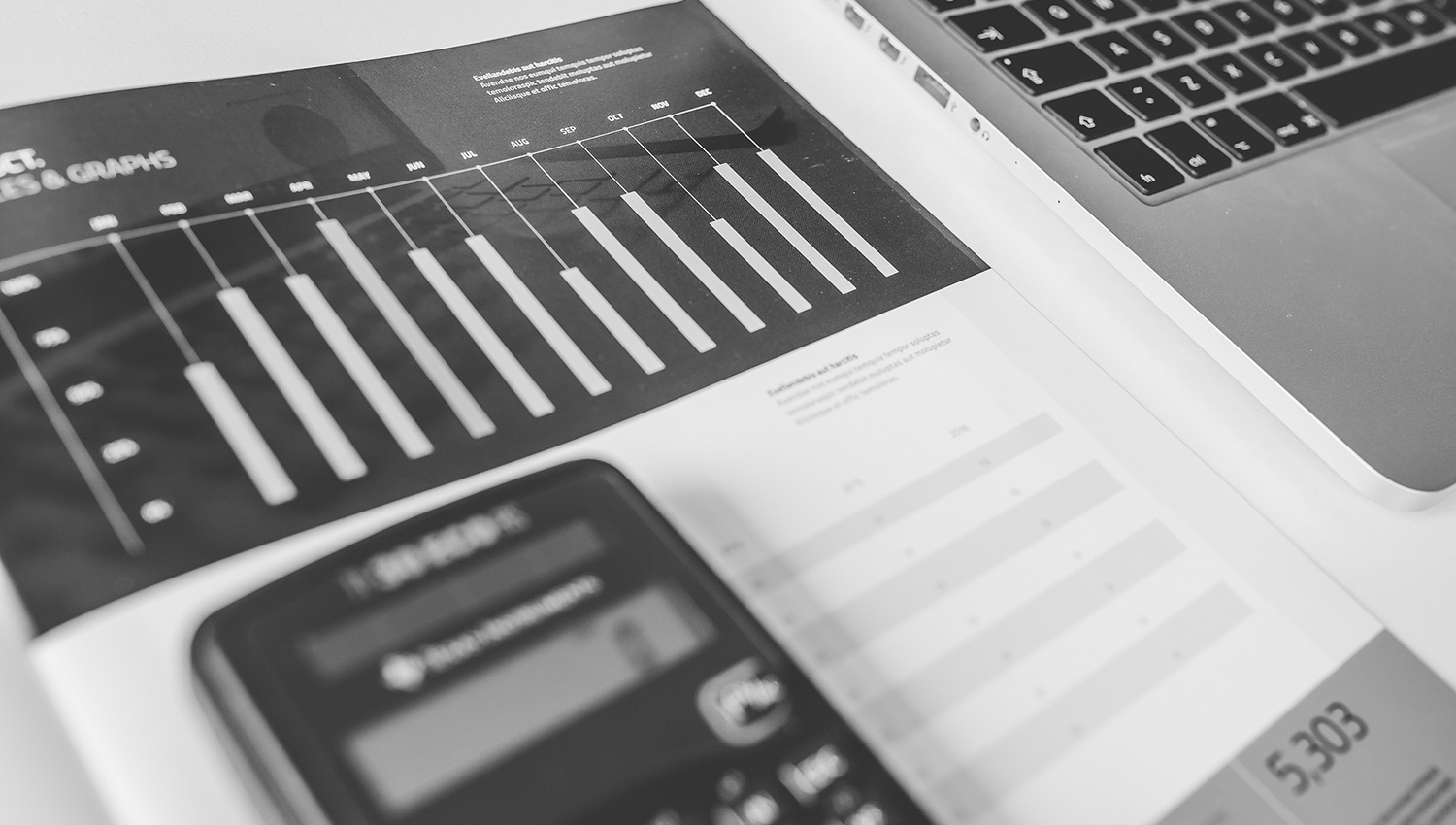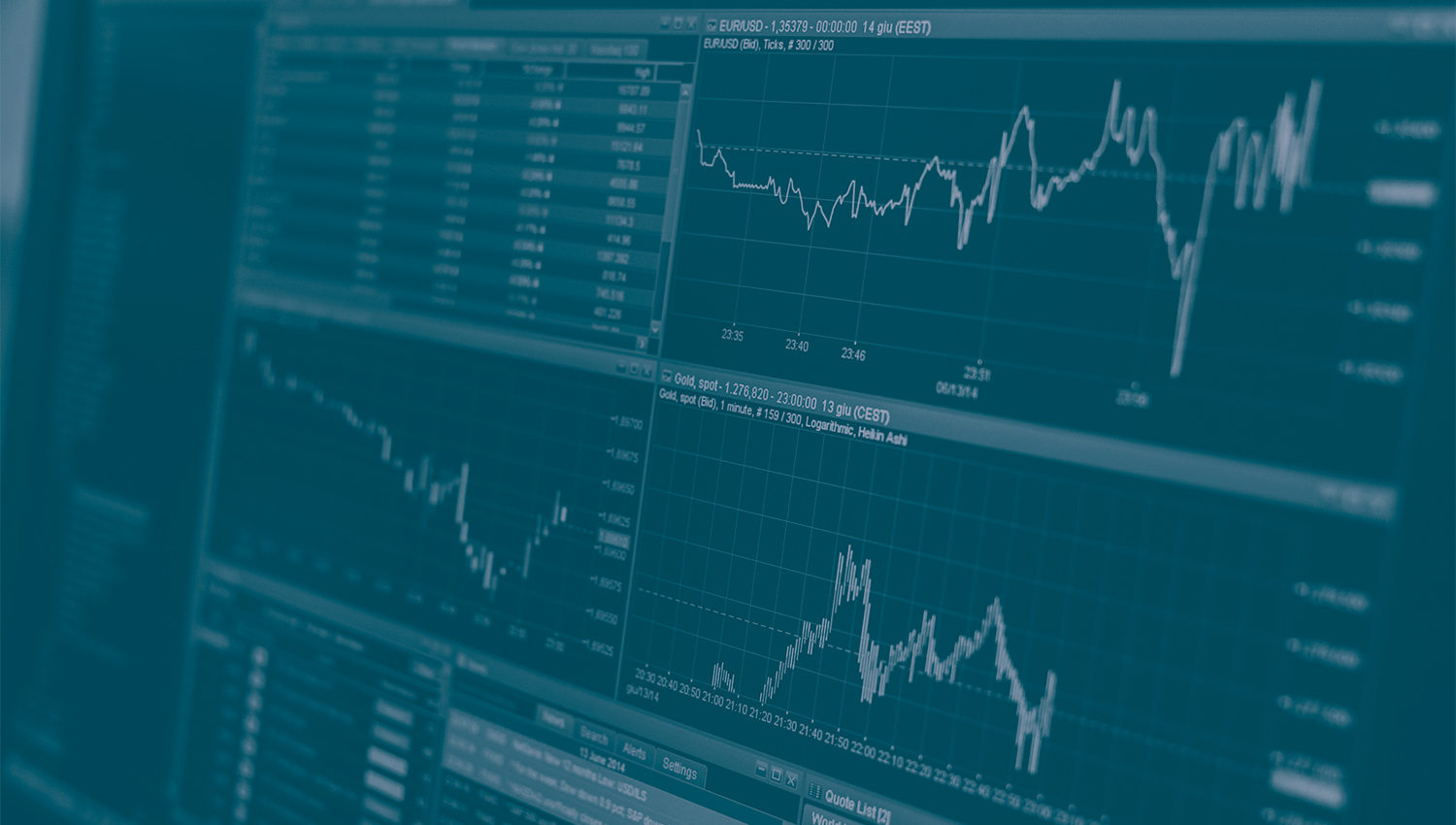Finansnyt
Posted af John Yde, 01/12/2016

You will find more statistics at Statista
Posted af John Yde, 01/12/2016

You will find more statistics at Statista
Posted af John Yde, 01/12/2016
PMI indexene fra eurozonen var stort set uændrede i forhold til de foreløbige tal for november. For hele eurozonen viste indexet 53,7 (den hvide kurve), Tyskland faldt til 54,3 (den gule linie), mens Frankrig faldt til 51,7 (den blå linie). Italien steg til 52,2 (den grønne linie), mens Spanien steg markant til 54,5 (den røde linie).
PMI indexene fra eurozonen var stort set uændrede i forhold... Læs merePosted af John Yde, 01/12/2016
Grafikken herover fra Deutsche Bank bygger på tale for eurostat og viser den forventede arbejdslængde i år for de forskellige europæiske lande.
Grafikken herover fra Deutsche Bank bygger på tale for eurostat... Læs merePosted af John Yde, 30/11/2016

You will find more statistics at Statista
Posted af John Yde, 30/11/2016

Bloomberg skriver, at man i øjeblikket er ved at etablere en prøvestrækning på 2800 m2 vej i Normandiet fremstillet af særligt stabile solceller. Man forventer at kunne kommercialisere konstruktion af veje af solceller allerede fra 2018.
Det er et datterselskab af Bouygues SA, der har konstrueret de brugte solceller.
Flere oplysninger i dette link:
Bloomberg skriver, at man i øjeblikket er ved at etablere... Læs merePosted af John Yde, 29/11/2016

You will find more statistics at Statista
Posted af John Yde, 28/11/2016

You will find more statistics at Statista
Posted af John Yde, 28/11/2016
OECD har netop præsenteret sin nye udgave af Economic Outlook. Hele publikationen ser endnu ikke ud til at være præsenteret på hjemmesiden, men via linket nederst kan man se deres vurdering af den makro økonomiske situation og de forskellige lande analyser.
Posted af John Yde, 28/11/2016
Befolkningerne ældes i den vestlige verden, og det risikerer at gå hen og blive et massivt økonomisk problem. Grafikken herover bygger på tal fra Verdensbanken og viser en prognose for, hvor stor en del af indbyggerne i de udvalgte lande, der er i den produktive alder frem til 2050.
Det er kun i USA, at der er tegn på en vis stabilisering.
Befolkningerne ældes i den vestlige verden, og det risikerer at... Læs mere









